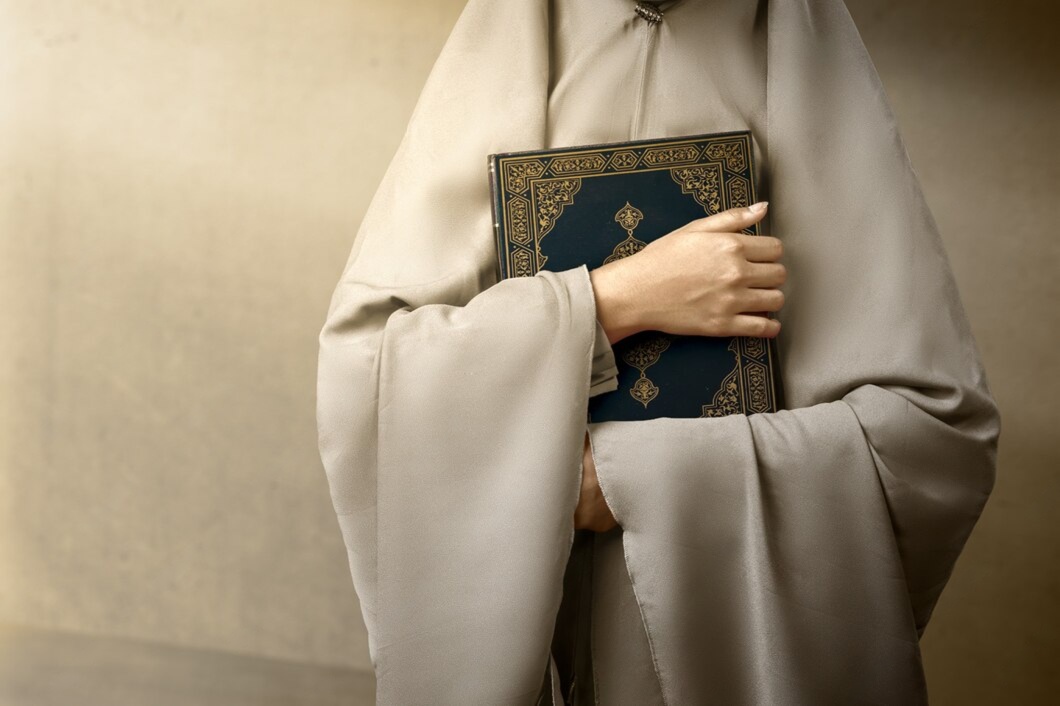Question
Can I read the Qur’an in Persian if I don’t understand Arabic?
Bottom Line
Persian helps you understand, but salah and reward are tied to Arabic recitation.
Quick Answer
You may read the Qur’an in Persian to grasp its meaning. Translations are tafsīr (interpretations), not the Qur’an itself. The reward of ten good deeds for each letter applies only to Arabic. In ṣalāh, recitation must be in Arabic. Reading Persian alongside Arabic builds understanding and reflection.
Key Points
- Persian translations explain meanings but are not the Qur’an itself. and Reading in Persian is rewarded for understanding and reflection.
- The hadith of ten rewards per letter applies only to Arabic recitation; however, in ṣalāh, Qur’anic recitation must be in Arabic.
Detailed Answer
The Qur’an was revealed in Arabic, preserving unmatched eloquence and divine expression. Translations in Persian, English, or any language are tafsīr tools to help understand, but not equal to the Qur’an itself.
Reading in Persian brings reward for seeking knowledge and reflection, but the unique merit of reciting Arabic letters belongs only to the original language.
The Prophet ﷺ said:
“Whoever recites a letter from the Book of Allah, he will receive one good deed as ten good deeds like it. I do not say that Alif Lam Mim is one letter, but rather Alif is a letter, Lam is a letter, and Mim is a letter.” Sunan al-Tirmidhi 2910
This hadith refers to Arabic letters. Persian helps in comprehension, but the special reward applies to Arabic recitation.
Recitation in Prayer
In ṣalāh, recitation must be in Arabic. Translations cannot replace Arabic. Although the early Hanafi view permitted temporary use of translation for new Muslims, the established ruling across all schools is that Surah al-Fātiḥah and other essentials must be learned in Arabic.
Thus, Persian aids reflection and study outside prayer, but worship itself must uphold the Qur’an in its revealed language.
What This Means for You
Read the Qur’an in Persian for meaning, but also recite in Arabic for prayer and reward. Strive to learn Arabic gradually. Together, Persian brings comprehension and Arabic secures the special blessing of Qur’anic recitation.
And Allah knows best.
References
Primary Sources
Qur’an
- Fussilat 41:44: The Qur’an was revealed in Arabic, but its guidance is for all people.
Hadith
- Sunan al-Tirmidhi 2910: One letter equals ten good deeds.
Secondary Sources
- Ibn Kathir, Tafsir al-Qur’an al-ʿAzim: Explains the importance of reflection and language.
Was this helpful?
Leave Your Comments
© Copyright 2025, All Rights Reserved

